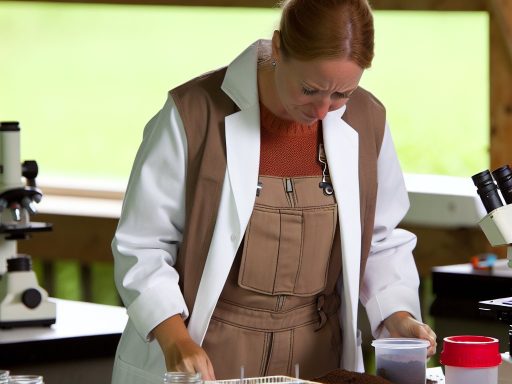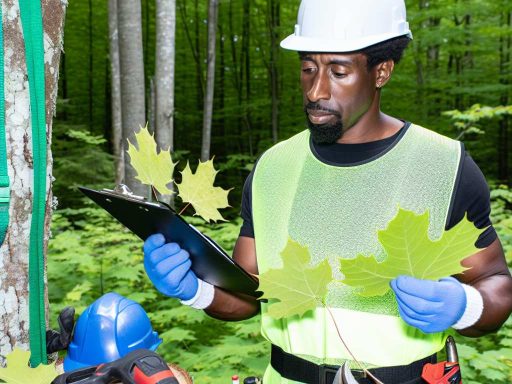Agriculture and Natural Resources
Cultivating Success in Agriculture and Natural Resources in Canada
Canada’s vast landscapes offer abundant opportunities in agriculture and natural resources, sectors crucial for the nation’s economy and environmental stewardship.
Whether you’re interested in sustainable farming, forestry, wildlife conservation, or environmental science, this field requires a blend of practical skills, scientific knowledge, and a commitment to sustainability.
Here’s a roadmap for growing a career in Canada’s agriculture and natural resources sector.
Laying the Groundwork
Choosing Your Path
- Identify interests: Reflect on which aspects of agriculture or natural resources spark your passion.
- Research roles: From agronomist to environmental engineer, understand the diverse career options available.
Understanding Industry Trends
- Sustainability focus: Recognize the growing emphasis on sustainable and eco-friendly practices within the sector.
- Technological advancements: Stay informed about how technology is shaping farming, conservation, and resource management.
Acquiring the Right Education
Pursuing Relevant Degrees
- Enroll in specialized programs: Consider degrees in agricultural science, environmental studies, forestry, or related fields.
- Technical training: For certain roles, diplomas or certificates from vocational schools may be sufficient.
Gaining Practical Experience
- Internships and co-op placements: Look for opportunities to apply your knowledge in real-world settings.
- Volunteer: Engage in conservation projects, community gardens, or local farms to gain experience and contribute to sustainability efforts.
Enhancing Professional Skills
Developing Technical Expertise
- Learn about soil and plant science: Understand the basics of soil health, plant biology, and sustainable farming techniques.
- Familiarize with resource management: Gain knowledge in managing natural resources, including water, forests, and wildlife.
Cultivating Soft Skills
- Communication: Hone your ability to communicate complex environmental and agricultural concepts clearly.
- Problem-solving: Develop skills to tackle challenges related to resource management and sustainable practices innovatively.
Building a Professional Network
Joining Industry Associations
- Connect with professionals: Organizations like the Canadian Agricultural Human Resource Council offer networking opportunities, resources, and advocacy.
- Attend conferences and workshops: These events are excellent for learning, networking, and staying updated on industry trends.
Seeking Mentorship
- Find a mentor: Experienced professionals can provide guidance, insights, and support as you navigate your career path.
Navigating the Job Market
Tailoring Your Applications
- Highlight relevant qualifications and experiences: Customize your resume to showcase your expertise and achievements in agriculture or natural resources.
- Prepare for interviews: Be ready to discuss your passion for the sector, your experience, and how you can contribute to potential employers.
Conclusion
A career in agriculture and natural resources in Canada offers the chance to make a meaningful impact on the country’s future and sustainability.
By focusing on education, gaining practical experience, and actively engaging in professional development and networking, you can cultivate a successful career in this vital and rewarding field.









